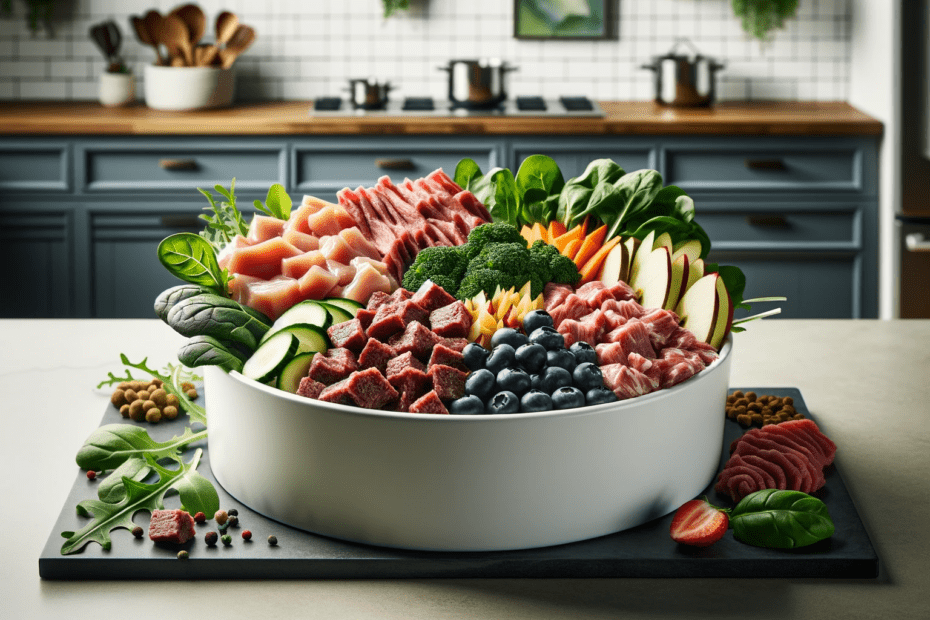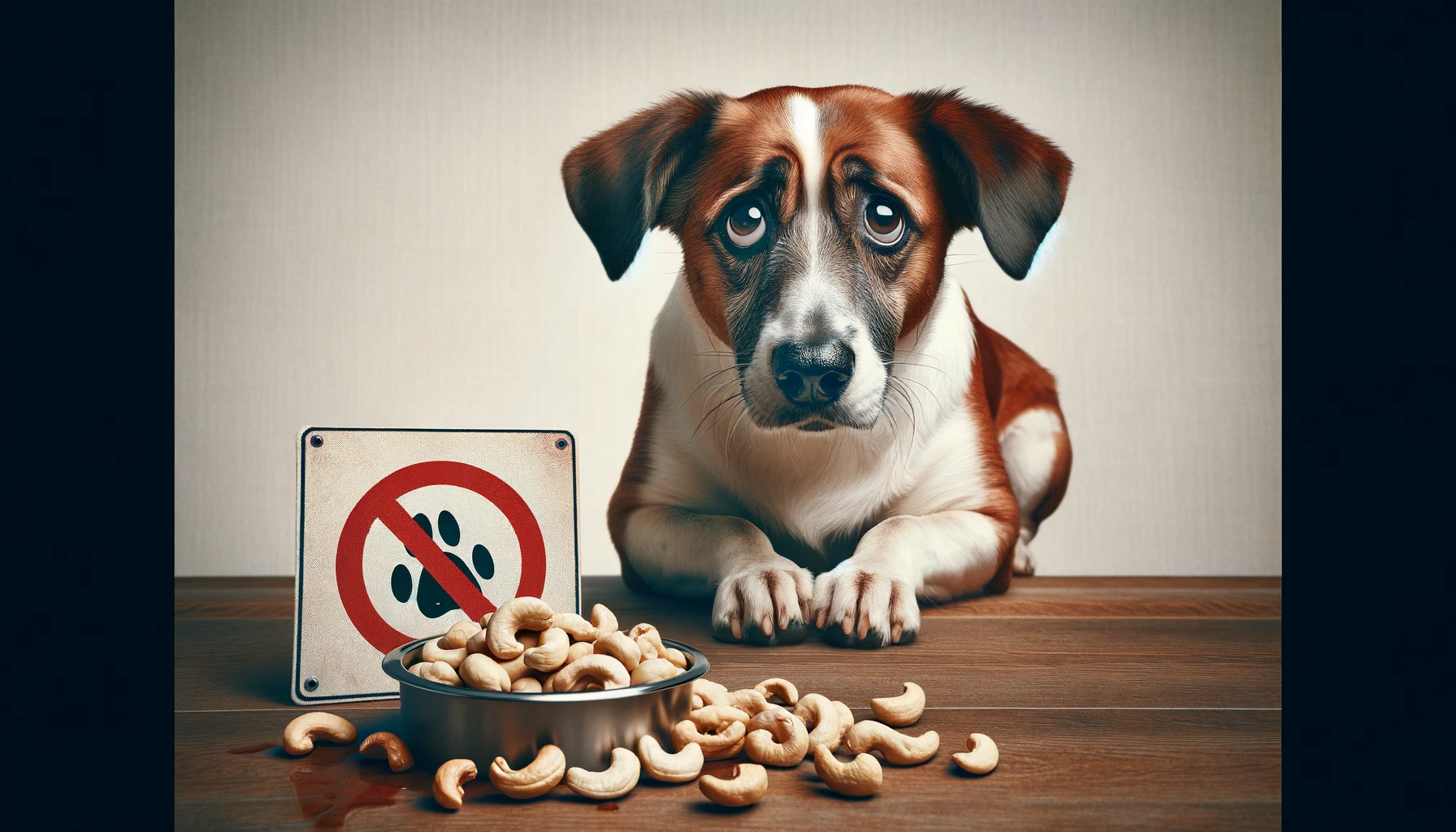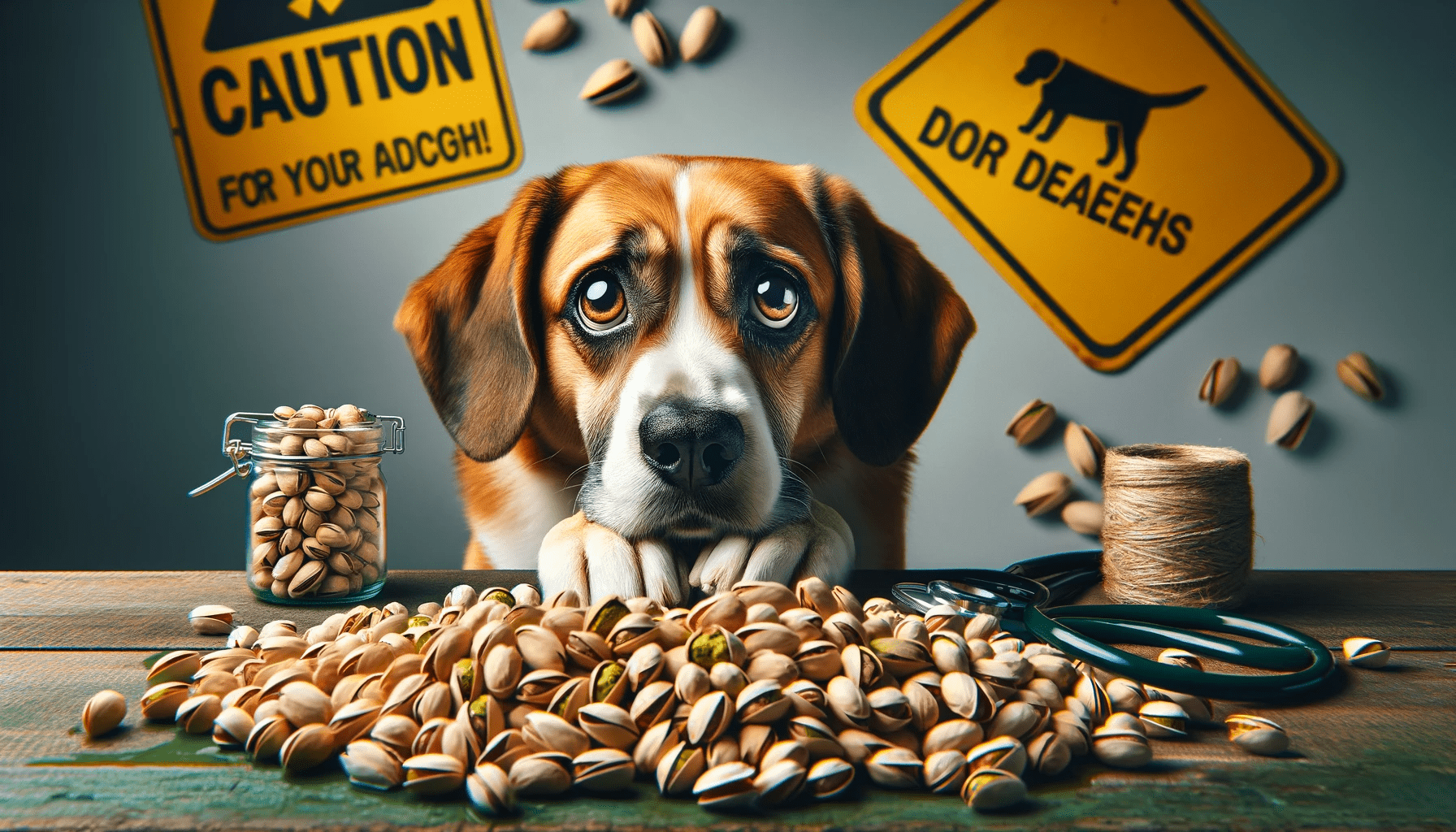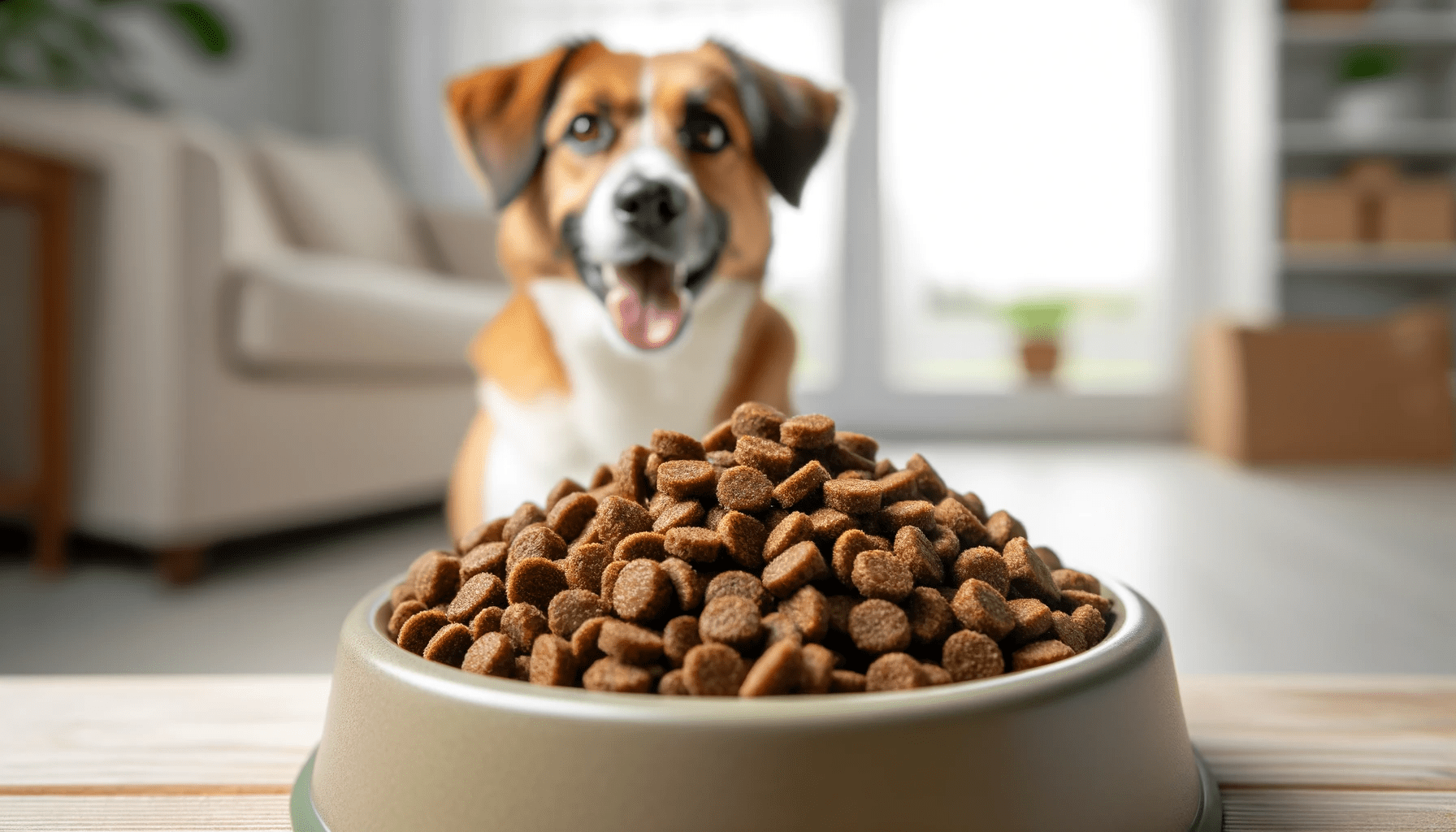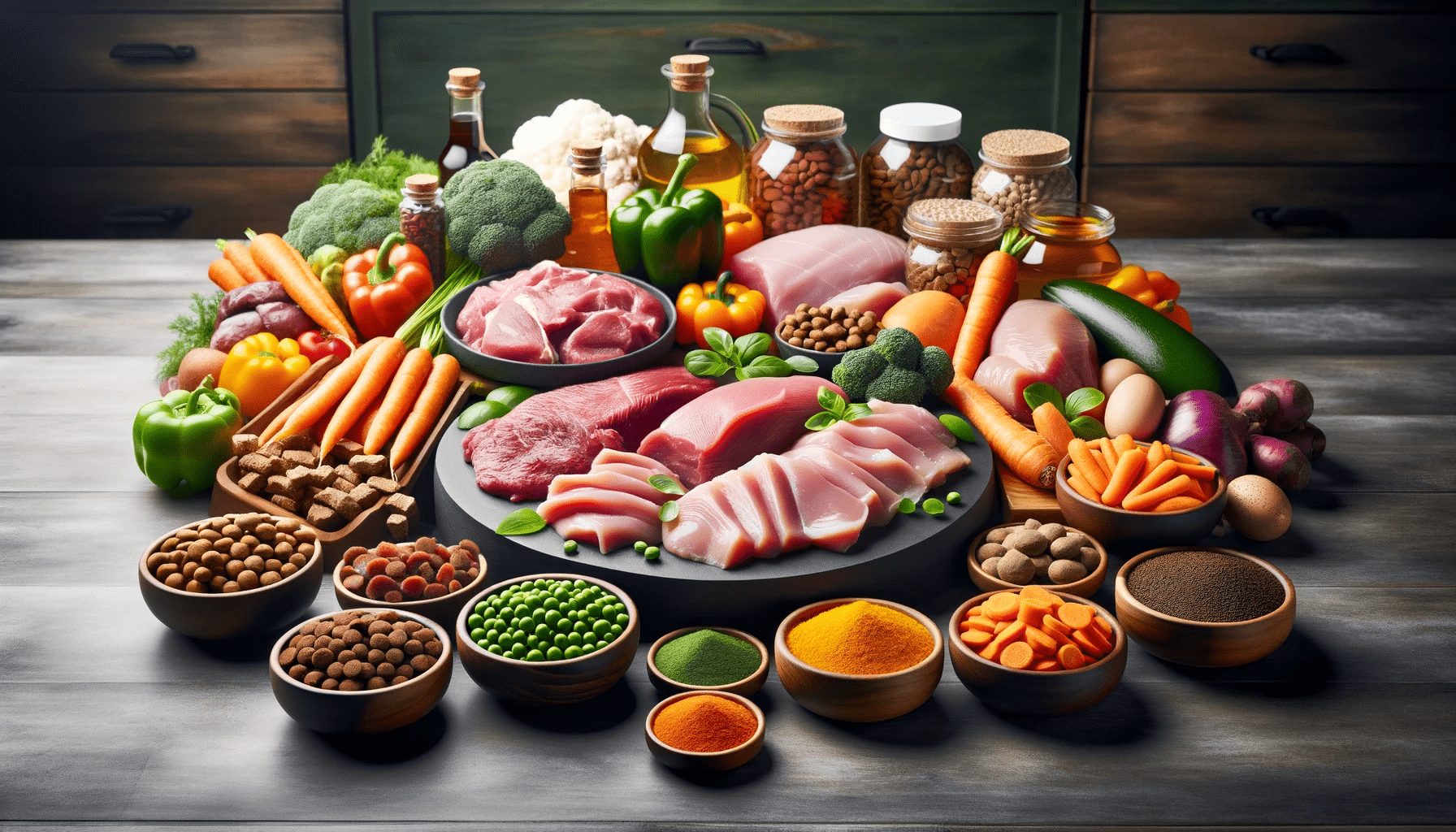Are you struggling to provide your furry friend with a well-balanced diet? Look no further!
This how-to guide will show you the way to achieving optimal nutrition for your dog. Understand their nutritional needs, identify key nutrients for their health, and learn how to choose the best dog food.
With tips on incorporating variety, portion control, and monitoring their diet, you'll be well equipped to ensure your dog's health and happiness.
Key Takeaways
- Balanced nutrition is crucial for a dog's overall health and well-being.
- Dogs require a mix of essential nutrients like proteins, carbohydrates, fats, vitamins, and minerals.
- Consulting with a veterinarian or pet nutritionist helps create a customized meal plan based on the dog's needs.
- Choosing high-quality dog food that avoids fillers and by-products is important for providing optimal nutrition to dogs.
The Importance of Balanced Nutrition
You need to understand the importance of providing your dog with balanced nutrition. A balanced diet is crucial for your dog's overall health and well-being.
Just like humans, dogs require a mix of essential nutrients to thrive. These nutrients include proteins, carbohydrates, fats, vitamins, and minerals.
The importance of balanced nutrition can't be overstated. A balanced diet ensures that your dog receives all the necessary nutrients in the right proportions. This helps to support their immune system, promote healthy growth and development, maintain a healthy weight, and prevent the onset of chronic diseases.
A balanced diet also has numerous benefits for your dog's skin and coat. A diet rich in omega-3 and omega-6 fatty acids, for example, can help to maintain a shiny coat and healthy skin. Additionally, a well-balanced diet can improve your dog's digestion, leading to firmer stools and better overall gastrointestinal health.
Providing your dog with a balanced diet requires careful consideration of their specific nutritional needs, age, breed, and activity level. Consulting with a veterinarian or a professional pet nutritionist can help you create a customized meal plan that meets your dog's individual requirements.
Understanding Nutritional Needs
To properly address the nutritional needs of your dog, it's essential to have a clear understanding of the specific nutrients they require. Understanding dietary requirements and meeting nutrient needs is crucial for maintaining your dog's overall health and well-being.
Here are three key points to consider:
- Protein: Dogs are primarily carnivorous animals, and protein is a vital nutrient for their diet. It helps in muscle development, repair, and growth. High-quality sources of protein include meat, fish, eggs, and dairy products.
- Carbohydrates: While dogs don't have a strict requirement for carbohydrates, they can still benefit from including them in their diet. Carbohydrates provide energy and can be found in grains, vegetables, and fruits. It's important to choose complex carbohydrates that are easily digestible for your dog.
- Essential Fatty Acids: Omega-3 and omega-6 fatty acids are essential for your dog's skin and coat health, as well as for their overall immune system function. Sources of these fatty acids include fish oil, flaxseed oil, and certain types of nuts.
Key Nutrients for Optimal Health
Dogs require a variety of key nutrients to maintain optimal health and well-being. Providing your dog with a balanced diet that includes these essential nutrients is crucial for their overall health.
Some of the key nutrients that dogs need include proteins, carbohydrates, fats, vitamins, and minerals.
Proteins are essential for dogs as they help in building and repairing tissues, and they also provide energy. Good sources of protein for dogs include meat, fish, eggs, and dairy products.
Carbohydrates are another important nutrient for dogs, as they provide energy. Whole grains, such as brown rice and oats, are good sources of carbohydrates for dogs.
Fats are necessary for dogs as they help in absorbing fat-soluble vitamins and provide a concentrated source of energy. It's important to choose healthy fats, such as those found in fish and vegetable oils, while avoiding excessive amounts.
Vitamins and minerals are also important for dogs as they play a vital role in various bodily functions. While a balanced diet usually provides dogs with these essential nutrients, some dogs may benefit from supplements. However, it's important to consult with your veterinarian before adding any supplements to your dog's diet.
In addition to providing the right nutrients, it's also important to establish a proper feeding schedule for your dog. This helps in maintaining their digestive health and prevents overeating or underfeeding. Consult with your veterinarian to determine the appropriate amount of food and feeding schedule for your dog based on their age, breed, size, and activity level.
Choosing High-Quality Dog Food
When choosing high-quality dog food, it's important to consider the nutritional value of the ingredients. Look for dog foods that contain high-quality sources of protein, such as chicken or beef.
Avoid fillers and by-products, which offer little nutritional value and can be difficult for dogs to digest.
Reading dog food labels carefully can help you make an informed decision about the quality of the food you're providing for your pet.
Nutritional Value of Ingredients
Choosing high-quality dog food requires careful consideration of the nutritional value of ingredients. To ensure that your dog receives the necessary nutrients, it's important to understand the role of supplements and avoid common misconceptions.
Here are three important factors to consider when evaluating the nutritional value of dog food:
- Protein source: Look for high-quality animal-based proteins, such as chicken, beef, or fish, as they provide essential amino acids for muscle development and overall health.
- Carbohydrates: Opt for whole grains like brown rice or oats, which offer sustained energy and dietary fiber for digestive health.
- Fruits and vegetables: Including a variety of fruits and vegetables in your dog's diet can provide important vitamins, minerals, and antioxidants for immune support and overall wellbeing.
Avoiding Fillers and By-Products
To ensure your dog receives a high-quality diet, it's important to be mindful of the ingredients used in their food and avoid fillers and by-products. Choosing wholesome ingredients is crucial for providing your dog with the necessary nutrients they need to thrive.
Fillers, such as corn, wheat, and soy, offer little nutritional value and can lead to digestive issues. By-products, on the other hand, are low-quality ingredients that come from animal parts not fit for human consumption, such as organs and bones. These by-products may contain additives and preservatives that can be harmful to your dog's health.
When selecting dog food, read the label carefully and look for specific ingredients rather than vague terms like 'meat by-products.' Identifying hidden additives will help you make an informed decision and ensure that you're feeding your dog a high-quality diet.
Reading Dog Food Labels
To ensure you consistently provide your dog with a high-quality diet, it's crucial to carefully read dog food labels and make informed choices. Reading dog food labels can help you evaluate the ingredients and make sure you're choosing the best option for your furry friend. Here are three important things to look for when reading dog food labels:
- Ingredients: Check the list of ingredients to ensure that high-quality protein sources, such as meat or fish, are listed as the main ingredients. Avoid products that contain fillers, artificial additives, or by-products.
- Guaranteed Analysis: This section provides information about the nutrient content of the food. Look for a balanced ratio of protein, fat, and carbohydrates that meet your dog's specific needs.
- AAFCO Statement: The Association of American Feed Control Officials (AAFCO) sets standards for pet food. Look for a statement on the label that indicates the food is complete and balanced according to AAFCO guidelines.
Incorporating Variety in the Diet
To ensure balanced nutrition for your dog, it's important to incorporate variety in their diet. Providing a variety of foods offers numerous nutritional benefits, as different ingredients contain different essential nutrients.
By avoiding feeding your dog the same food consistently, you can prevent nutrient deficiencies and ensure they receive a wide range of vitamins and minerals.
Additionally, incorporating variety enhances the taste and enjoyment of their meals, making mealtime a more pleasant experience for your furry friend.
Nutritional Benefits of Variety
Incorporate a variety of foods in your dog's diet to provide them with numerous nutritional benefits. By practicing rotational feeding, you can ensure that your furry friend receives a well-rounded diet. Here are some key benefits of incorporating variety in your dog's meals:
- Improved nutrient intake: Different foods offer different nutrients, and by rotating their diet, you can ensure that your dog receives a wide range of essential vitamins, minerals, and antioxidants.
- Reduced risk of food sensitivities and allergies: Constantly feeding your dog the same food can increase the likelihood of developing sensitivities or allergies. Rotational feeding helps prevent this by exposing your pet to a wider variety of ingredients.
- Increased appetite and enjoyment: Just like humans, dogs can get bored with eating the same thing every day. By introducing variety, you can keep your dog excited about mealtime and encourage healthy eating habits.
Avoiding Nutrient Deficiencies
By incorporating a variety of foods in your dog's diet, you can avoid nutrient deficiencies and ensure they receive a well-rounded nutritional balance. This is important for preventing obesity and addressing food allergies.
Providing your dog with a diverse range of protein sources, such as chicken, beef, and fish, can help prevent deficiencies in essential amino acids. Including a mix of fruits and vegetables, such as carrots, apples, and spinach, can provide important vitamins, minerals, and antioxidants.
Additionally, incorporating whole grains like brown rice and quinoa can offer beneficial fiber and energy. It's important to remember that each ingredient plays a role in providing different nutrients, so incorporating variety is key.
Consult with your veterinarian to create a balanced and personalized diet plan for your dog.
Enhancing Taste and Enjoyment
Spice up your dog's meals by adding a variety of flavorful ingredients. Enhancing palatability is important to ensure your dog enjoys their meals and gets all the necessary nutrients. Here are a few ways to incorporate variety and enhance the taste of your dog's diet:
- Mix in some cooked lean meats such as chicken or beef. Not only do they add a delicious flavor, but they also provide high-quality protein.
- Include a small amount of canned dog food or wet food. The moisture content and different textures can make the meal more enjoyable for your dog.
- Add a sprinkle of natural herbs and spices like parsley, turmeric, or oregano. They not only add flavor but also provide additional health benefits.
Remember to consider your dog's flavor preferences when experimenting with new ingredients. By incorporating variety and enhancing palatability, you can ensure that your dog stays excited about their meals while maintaining a balanced and nutritious diet.
Portion Control and Feeding Guidelines
Make sure to measure your dog's food accurately to maintain proper portion control and follow feeding guidelines for optimal nutrition. Portion sizes and feeding schedules are crucial for ensuring your dog gets the right amount of nutrients without overeating.
When it comes to portion control, it's important to consider your dog's age, size, activity level, and overall health. Consult with your veterinarian to determine the appropriate portion sizes for your dog. Feeding guidelines provided by pet food manufacturers are a useful starting point, but they should be adjusted based on your dog's individual needs.
It's recommended to divide your dog's daily food allowance into two or three meals to prevent overeating and aid digestion. Avoid free-feeding, where food is left out all day, as it can lead to weight gain and other health issues.
Remember to monitor your dog's body condition and adjust portion sizes as needed to maintain a healthy weight. By following proper portion control and feeding guidelines, you can help your dog achieve balanced nutrition and maintain a healthy lifestyle.
Monitoring and Adjusting for Optimal Results
To ensure optimal results, closely monitor your dog's body condition and make necessary adjustments to their portion sizes and feeding schedule. Monitoring your dog's progress is crucial in maintaining their overall health and well-being. Here are some key steps to help you track and adjust your dog's feeding routine:
- Regularly assess your dog's body condition: Keep an eye on your dog's weight, muscle tone, and overall body condition. A healthy dog should have a visible waistline and ribs that can be felt but not seen. If your dog becomes overweight or underweight, it may be necessary to adjust their portion sizes accordingly.
- Monitor their energy levels: Pay attention to your dog's energy levels and behavior. If they're constantly lethargic or overly hyperactive, it could be an indication that their feeding routine needs adjustment. Consult with your veterinarian to determine the appropriate portion sizes and feeding frequency.
- Track their digestion and bathroom habits: Keep an eye on your dog's digestion and bowel movements. Consistent irregularities may indicate that their current feeding routine isn't suitable. Adjusting their feeding schedule or switching to a different type of food may be necessary to ensure proper digestion.
Frequently Asked Questions
Can I Feed My Dog a Vegetarian or Vegan Diet?
You can feed your dog a vegetarian or vegan diet, but there are pros and cons to consider. While it may be possible with proper planning and supplementation, consulting a veterinarian is recommended to ensure your dog's nutritional needs are met.
What Are the Potential Health Risks of Feeding My Dog a Homemade Diet?
Feeding your dog a homemade diet may pose potential health risks as it can lead to nutrient deficiencies or imbalances. Commercial dog food alternatives, on the other hand, provide balanced nutrition and minimize these risks.
Are There Any Specific Foods That Dogs Should Avoid?
You should avoid feeding your dog certain foods, such as chocolate and grapes. These foods can be toxic to dogs and can cause serious health problems. It's important to be aware of what foods are safe for your dog to eat.
How Can I Tell if My Dog Is Getting All the Necessary Nutrients From Their Diet?
To determine if your dog is getting all the necessary nutrients, watch for signs of nutrient deficiency such as dull coat, weight loss, and lethargy. It's crucial to provide a balanced diet with high-quality dog food.
Is It Necessary to Give My Dog Supplements in Addition to Their Regular Diet?
It is not necessary to give your dog supplements unless there is a specific dietary imbalance. A balanced diet should provide all the necessary nutrients. Consult a veterinarian to determine if supplements are needed.
Conclusion
In conclusion, achieving balanced nutrition for dogs is essential for their overall health and well-being. By understanding their nutritional needs and incorporating key nutrients through high-quality dog food, variety in the diet, and portion control, you can ensure optimal results.
Regular monitoring and adjustments may be necessary to meet your dog's specific requirements. Providing your furry friend with a well-balanced diet is a crucial step towards keeping them happy and healthy.
